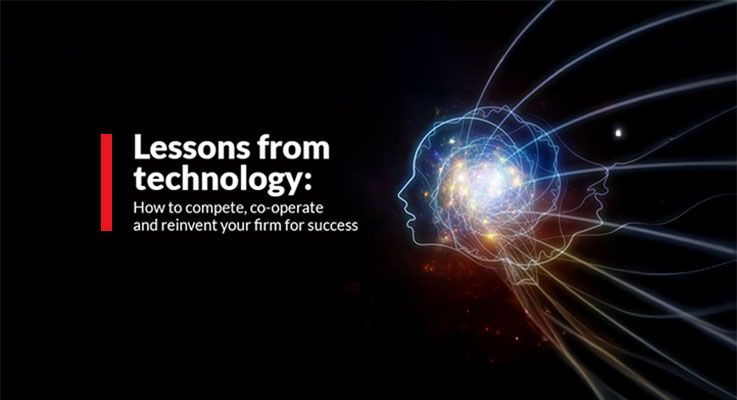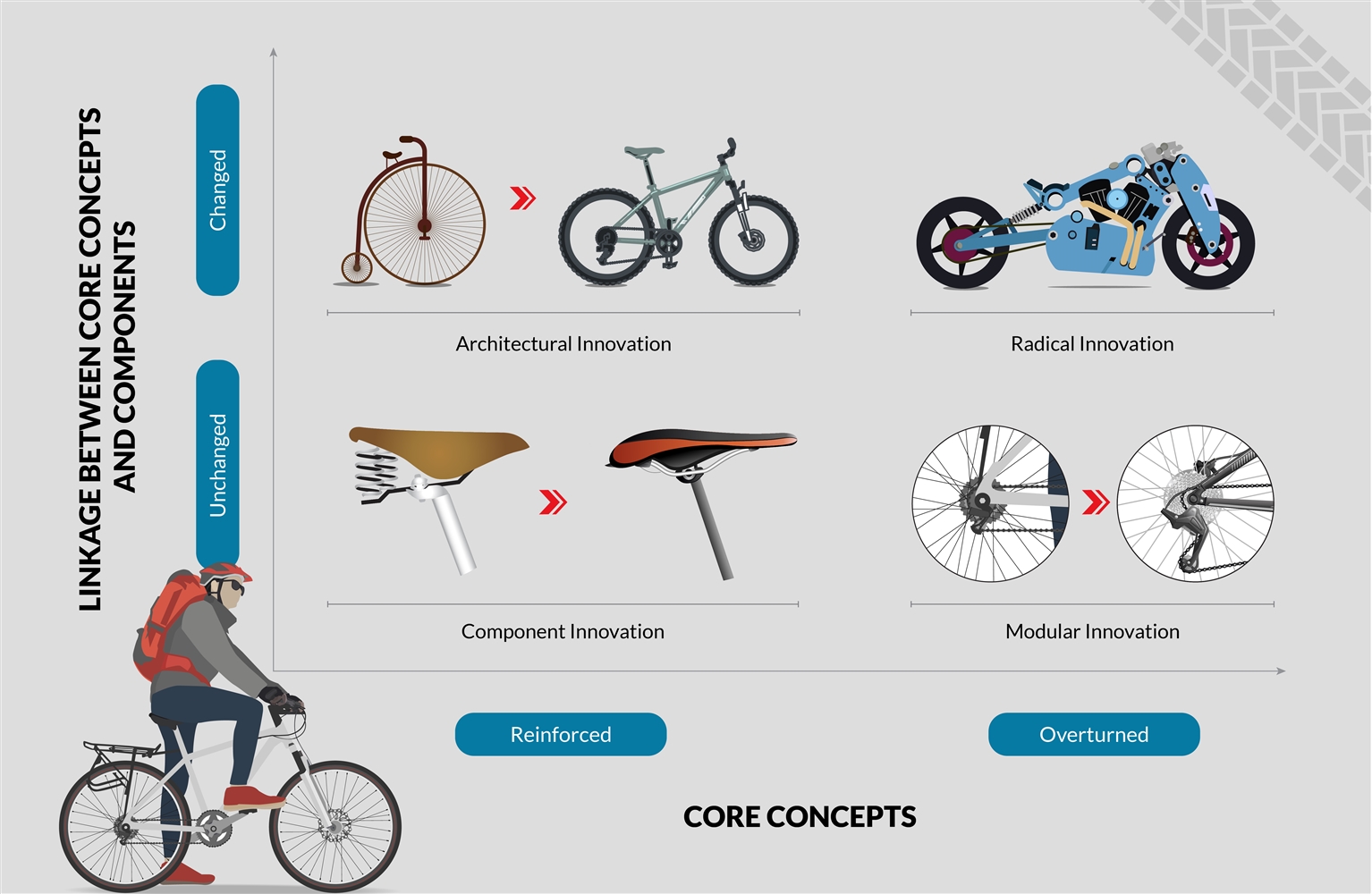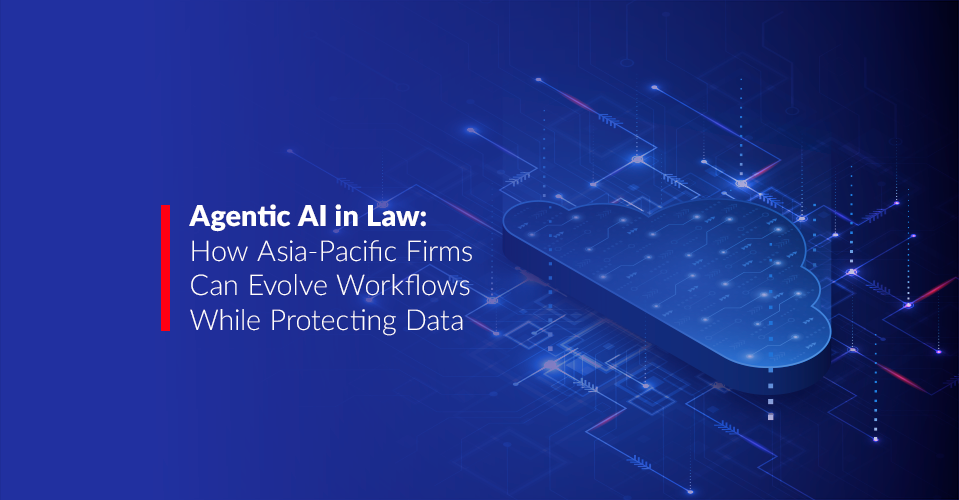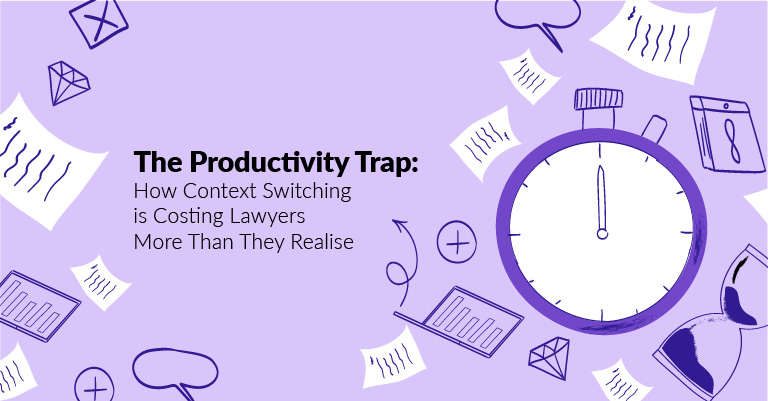Capital Monitor™ Editorial by Keely Garcia A single week in November 2023 saw four women lose their lives in South Australia amid domestic and family violence, an alarming record across any Australian...
Artificial intelligence is transforming the legal industry, there’s no doubt about that, but the conversation is shifting from chatbots and generative AI to something far more powerful: agentic AI. The...
In today’s fast-paced legal environment, the pressure to produce high-quality work quickly is intensifying. Yet, the very digital tools meant to boost productivity are often doing the opposite. Lawyers...
Companion animals now recognised as more than property in family law decisions. On 10 June 2025, major reforms to Australia’s Family Law Act 1975 (Cth) came into effect. For the first time, Australian...
Australian lawyers have a reputation for being pragmatic; and this trait shows when the conversation turns to artificial intelligence. There’s no blind rush to adopt the latest shiny tool, no “AI or...

No doubt, too many times you’ve been told that your business is about to be disrupted. That innovation, or a particular technology, will change the way the law works and how legal firms make money. That the sky is falling and your days are numbered – the Amazon of legal is just around the corner! Or even worse, they are already here!
But despite all that, when you look around you’ll see that the business of law, and legal firms in particular, are thriving. The skills, deep insights, and years of training that senior lawyers have are recognised and rewarded by a market hungry for advice in a complex world of opportunities and threats.
The question then becomes rather why should you, as a business and legal leader, consider what technology and the business models it enables do to your profession?
Technology breeds opportunity and it will, at some point, fundamentally change our industry. Yet, technology progression is predictable, you don’t have to be reactive or hasty in your analysis of it.
Rather, take a balanced, pragmatic approach to understanding the primary forces that drive technology adoption and the rate at which technologies - and the business models they enable - penetrate a particular industry. Why then do I feel that whilst we definitely need to embrace technology I also do not think that technology in itself will massively disrupt our industry in the near future?
First, consider how innovation occurs and what types of innovation can be disruptive to incumbents and what types can build on the strengths of incumbency. Innovation can be considered through 3 lenses:
- Competency-enhancing vs Competency-destroying innovation
Competency-enhancing innovation is adopted by incumbent businesses and helps them by building on their core strengths. Incumbent businesses are always seeking these innovations, and you need to be cognisant of how your competitors adopt them.
Competency-destroying innovation meets market needs in a whole new way - think of digital cameras replacing film cameras. This type of innovation doesn’t benefit incumbents because it doesn’t rely on their existing competencies to succeed and is more likely to be adopted by startups or new market entrants. - Architectural vs component innovation
This lens recognises that some innovations simply improve components in your existing firm's architecture (how you deliver value), whereas some are innovations on the architecture as a whole. For example, drafting using new tools or outsourcing part of that process to someone else is a relatively simple innovation that will improve the efficiency of your business. But moving away from a time-based billing approach or changing the partnership and reward structures is a fundamental change to the business model, and more complex to implement. As a general rule, component-based innovations are easier for incumbent businesses to adopt, while architectural innovations are easier for new entrants, who may be able to offer the same services as incumbents, but with their processes built differently by design. - ‘Disruptive’ innovation
Disruptive innovation can also be thought of as market innovation. This innovation comes in many forms - it could be architectural or competency-destroying, but importantly, disruptive innovation addresses underserved parts of the market. Disruptive innovation can be hard to compete against as it normally addresses needs that are not economical for existing providers. New players that enter the market to meet these needs get better over time and start to meet needs that are more complex. Eventually, with their new ways of doing business, they’re able to compete with incumbent providers at all levels of the value chain.

As you consider innovation through these lenses, you should also consider that any new technology cannot emerge in a vacuum.
All technologies that are adopted at scale rely on an ecosystem of both existing technologies, and existing or emerging usage of that technology in the market. For example, Uber couldn’t exist without existing smartphone technology and the widespread adoption of the smartphone by millions of users.
More recently, there has been rapid adoption of video conferencing software and collaborative tools due to the pandemic. This has created a new ecosystem that did not have the same level of adoption or the same set of technological tools as before the pandemic, and I would hypothesise that we’ll see a suite of new innovation and new technologies emerging to take advantage of this ecosystem in the coming months and years.
So how do you use your understanding of both innovation and the ecosystems that allow for new technologies to emerge to stay ahead of both competitors and new entrants?
First, adopt an open mindset, and in particular make sure your organisation is ingesting as much market intelligence as possible. See what start-ups are doing, what technologies your competitors are adopting, and what’s happening in similar but adjacent industries such as general consulting and strategy consulting.
Then filter this information to extract the signal from the noise. A good way to do this is through experiments with a small set of staff who understand your business, and most importantly, your operating model. Often being a fast follower is better than wasting critical resources on multiple potential opportunities and threats that never materialise.
This sort of considered, test-and-learn approach, will not only enable you to become more agile and responsive to technologies and innovations as they occur, but give you a broader perspective to identify— and capitalise on — early-stage opportunities for innovation.
Contact us to know about what could emerge from the new Legal Ecosystem to help your firm be forward-thinking but not paranoid and maximise the opportunities that lie ahead.






